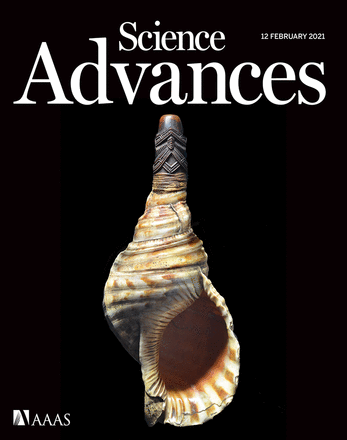
In August 2015, bioengineers gathered in Milan, Italy, for the 37th annual conference of the IEEE Engineering in Medicine and Biology Society. About 2,000 papers were accepted and published online for the conference. But an author of one of those articles says he’s been trying to retract it since 2016.
As a PhD student at the Université de Lorraine, in France, Khuram Faraz worked with professors Christian Daul and Walter Blondel on the processing of biomedical images, mainly for dermatology. Faraz is listed as a co-author on a paper titled “Optical flow with structure information for epithelial image mosaicing,” which was published at the 2015 conference. The paper has been cited twice, according to Clarivate Analytics’ Web of Science.
A few months after the conference, in January 2016, Faraz emailed Daul and Blondel about his concerns with the study, according to emails that Faraz shared on PubPeer last June. Faraz allegedly told Daul and Blondel that, for a specific method used in the paper, called RFLOW:
Continue reading Meet the postdoc who says he’s been trying to retract his own paper since 2016







